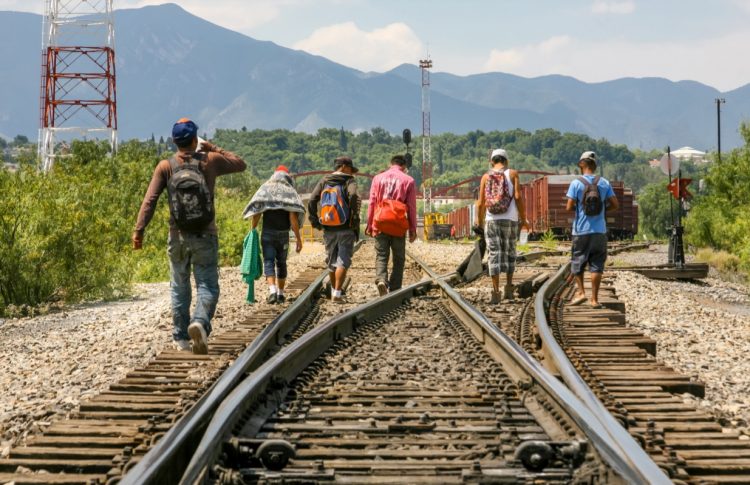The Inter-American Network for the Defence of People in the Context of Mobility is formally constituted, which will enable the exchange of information and services between countries that ensure the better defence of migrants and refugees.

Foto: Portada de la publicación "Protocolo para la solicitud de información entre Defensorías Públicas en casos de personas migrantes y refugiadas"
The pandemic has impacted on migration and human mobility in the Latin American region and aggravated the vulnerabilities of migrants and refugees, especially women, children and girls.
This situation reveals the importance of having a regional assistance network in aspects such as early advice to potential beneficiaries of international protection and legal guidance in order to understand the regular routes of entry and permanence, as well as the dissemination of the best practices in legal assistance. For this reason, the AIDEF, coordinated by the Argentinian National Public Defender’s Office, with the support of the EUROsociAL+ Programme and the European Union and under the impetus of the Public Defender’s Office of the Union of Brazil and the Chilean Public Criminal Defender’s Office, has over the last two years worked on a proposal to create an Inter-American Network for the Defence of People in the Context of Mobility that was today formally constituted. In addition, an action protocol was approved to make requests for cooperation and exchange of information between the region’s Public Defender’s Offices in cases in which migrants and refugees are defended and Regulations on the operation of the Network.
As stated by the United Nations Special Rapporteur on the Human Rights of Migrants, Felipe González, in the presentation, COVID has caused delays in immigration and asylum procedures. Border closures, confinements, restrictions on freedom of movement and other emergency measures, coupled with the pre-existing vulnerabilities of migrants, such as lack of access to health care and other essential services, poor living conditions and precarious and unsafe working conditions, as well as discrimination, racism and xenophobia, “have had a negative impact on the ability of migrants to exercise their rights and have exacerbated existing inequalities,” he stresses. To this is added an additional challenge because the region has the highest number of asylum applications worldwide with 39% of the total, with a very low recognition rate which, according to UNHCR data, only reaches 4%.
The general coordinator of AIDEF and general defender of the Argentine Nation, Stella Maris Martínez, explained that the Network will also carry out training actions and the development of common activities. It will also have a group of focal points for liaison based in each country’s Public Defender’s Offices, which will contribute to greater specialisation in migration and asylum issues.
“It is very good news that the possibility of participation has been given to other institutions, associations, international organisations in charge of promoting and protecting the human rights of people in the context of human mobility, as observers or collaborators of this Network because this will enable joint efforts and better coordination at the international level,” said the director of FIIAPP, Ana Terrón.
“I am sure this Network means substantive change for the management of migratory flows in the region and will mark a milestone in achieving transformative change that truly links migration and development and that implies for these people a recognition of their quality as subjects with rights, whatever their immigration status,” said Marc Litvine, Section Chief of the European Commission’s Directorate General for International Associations.



